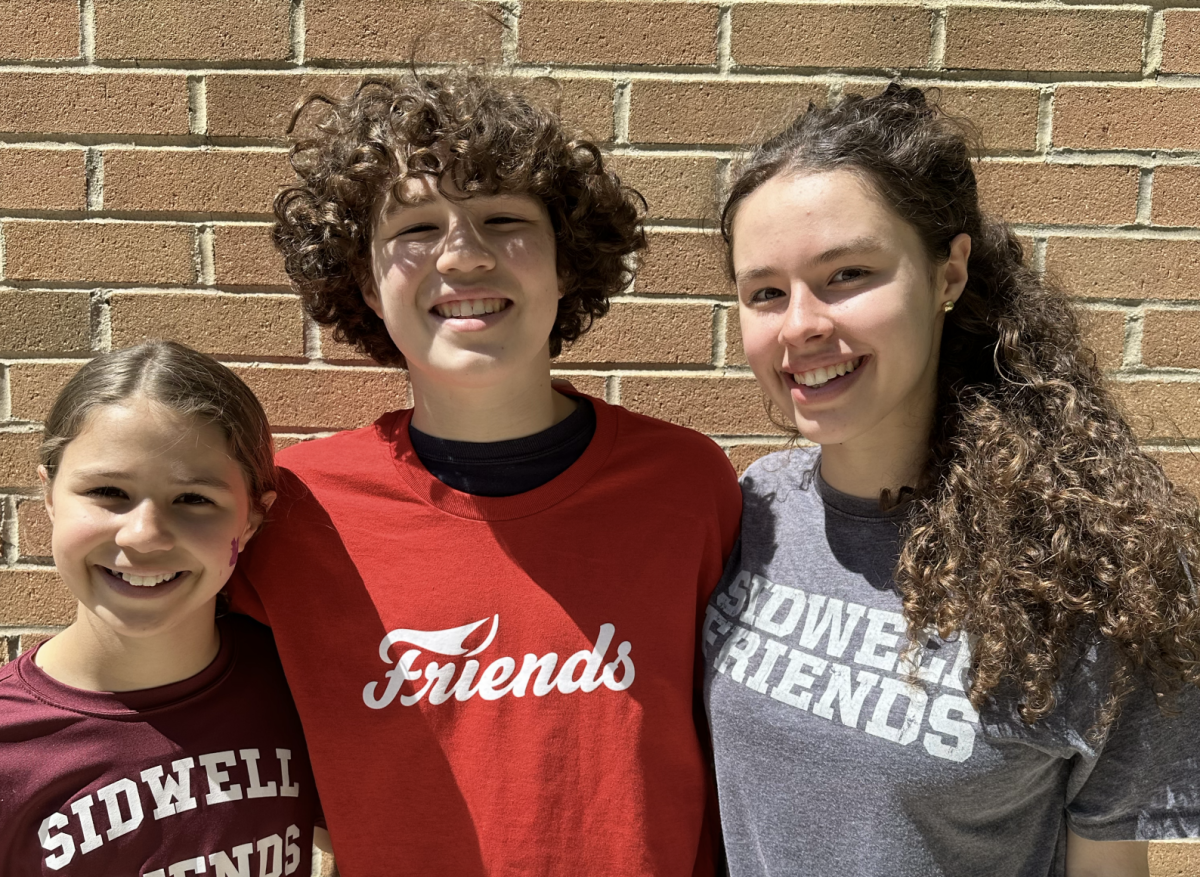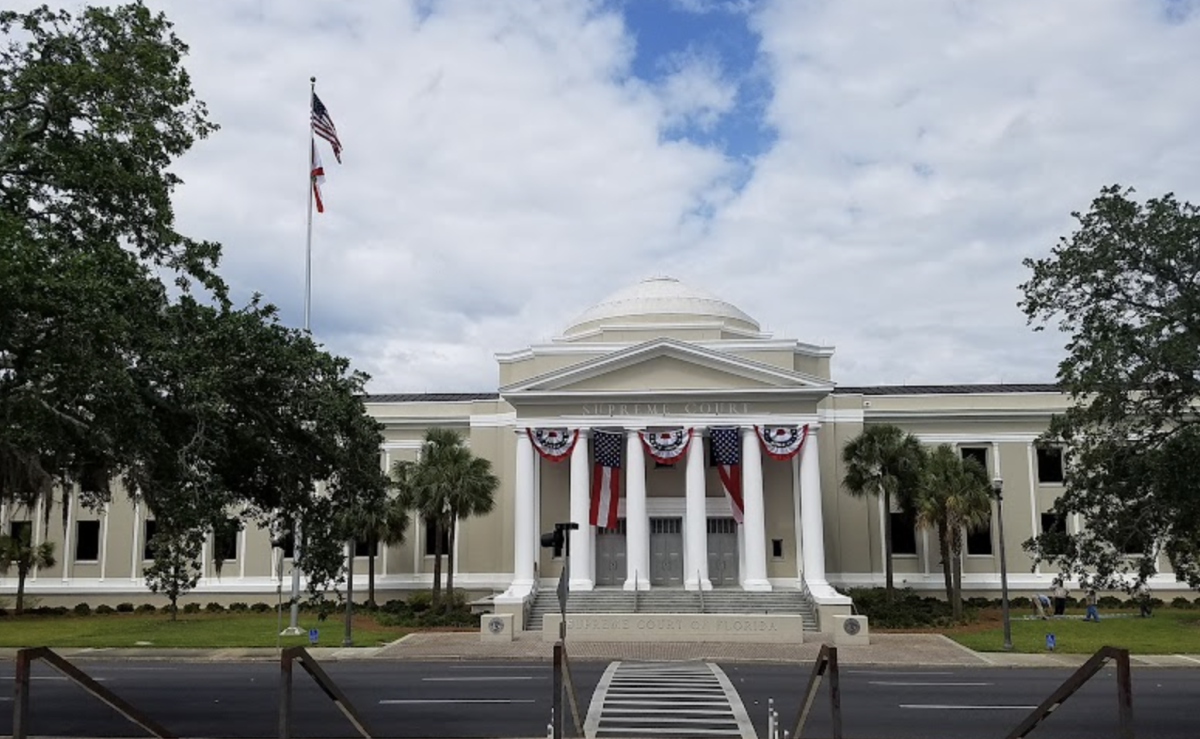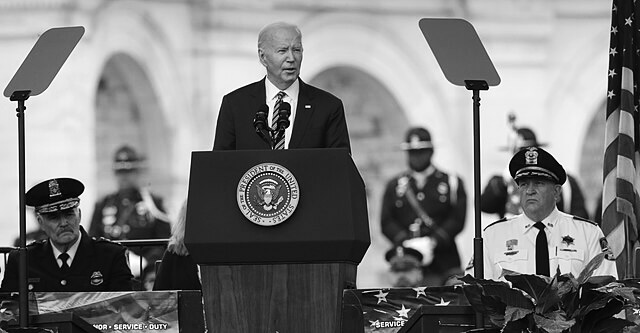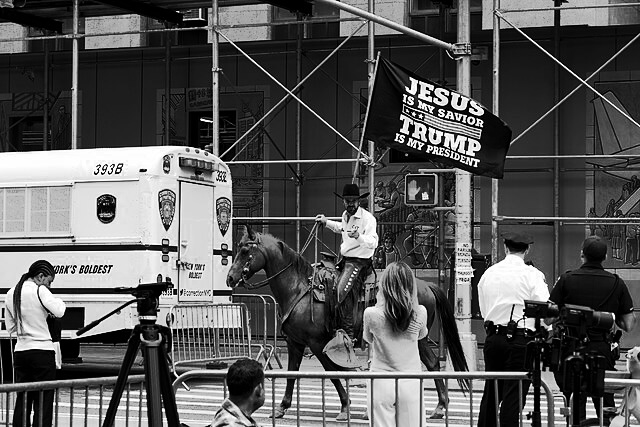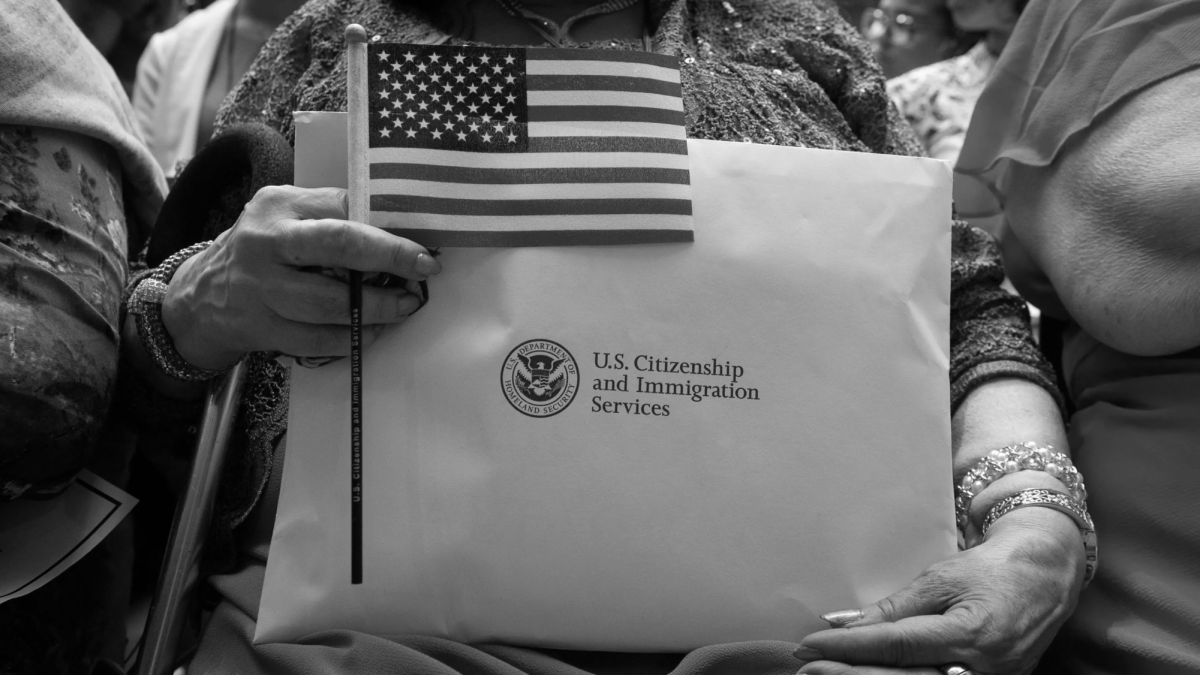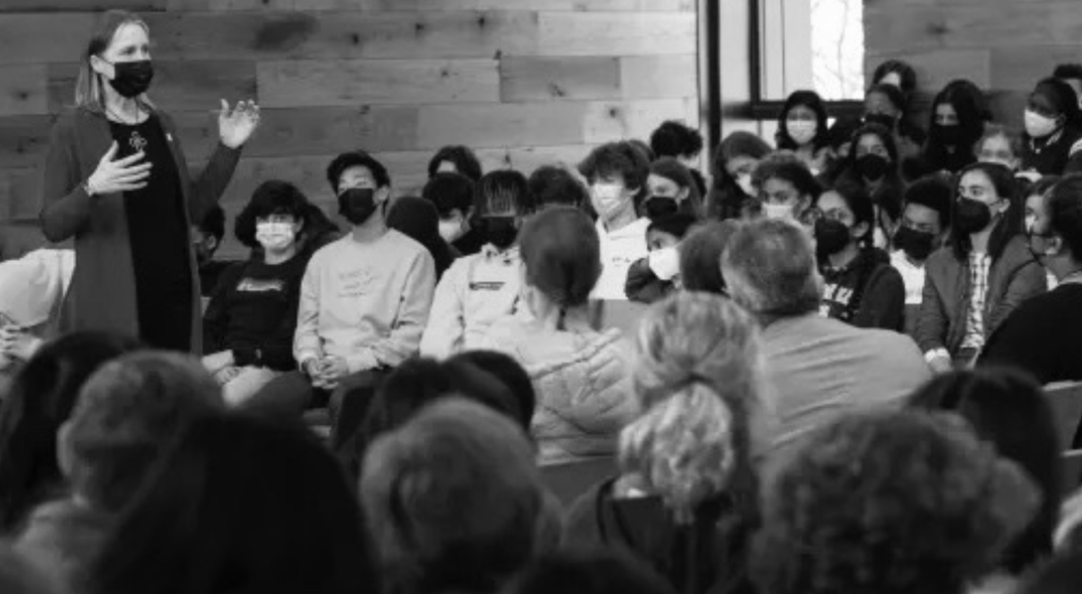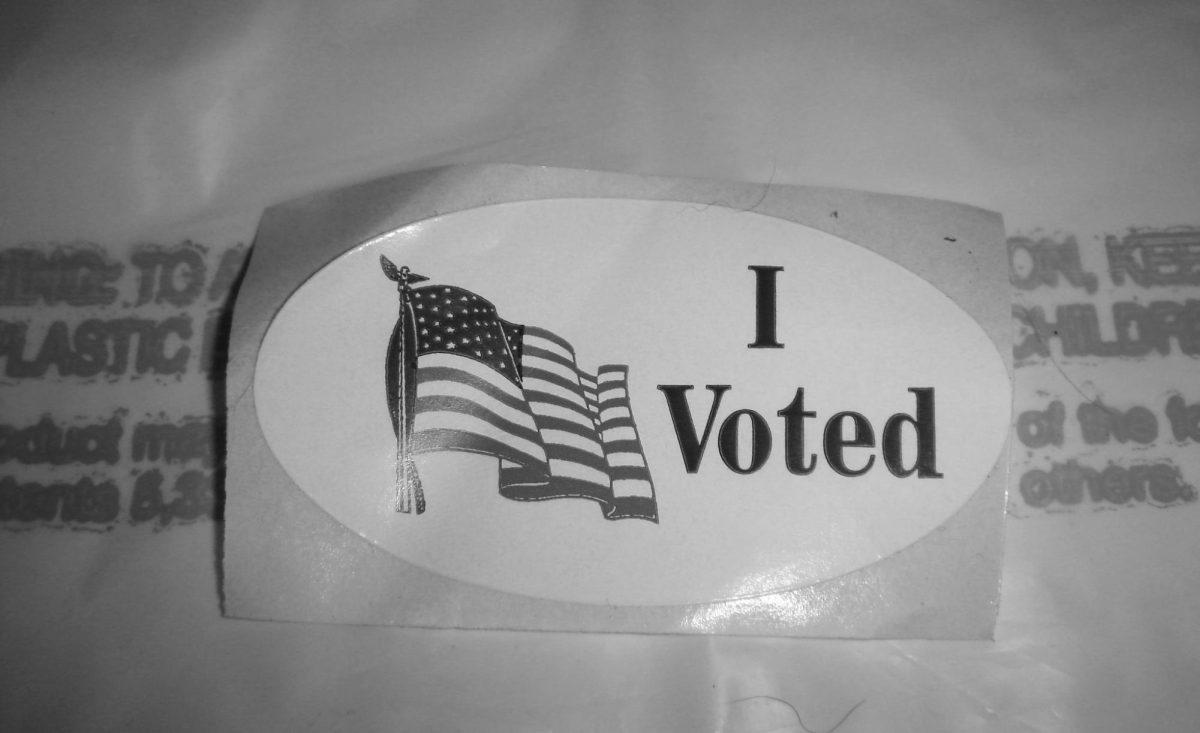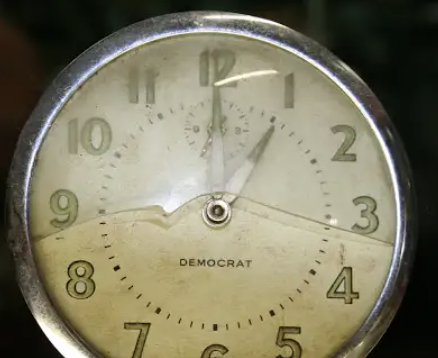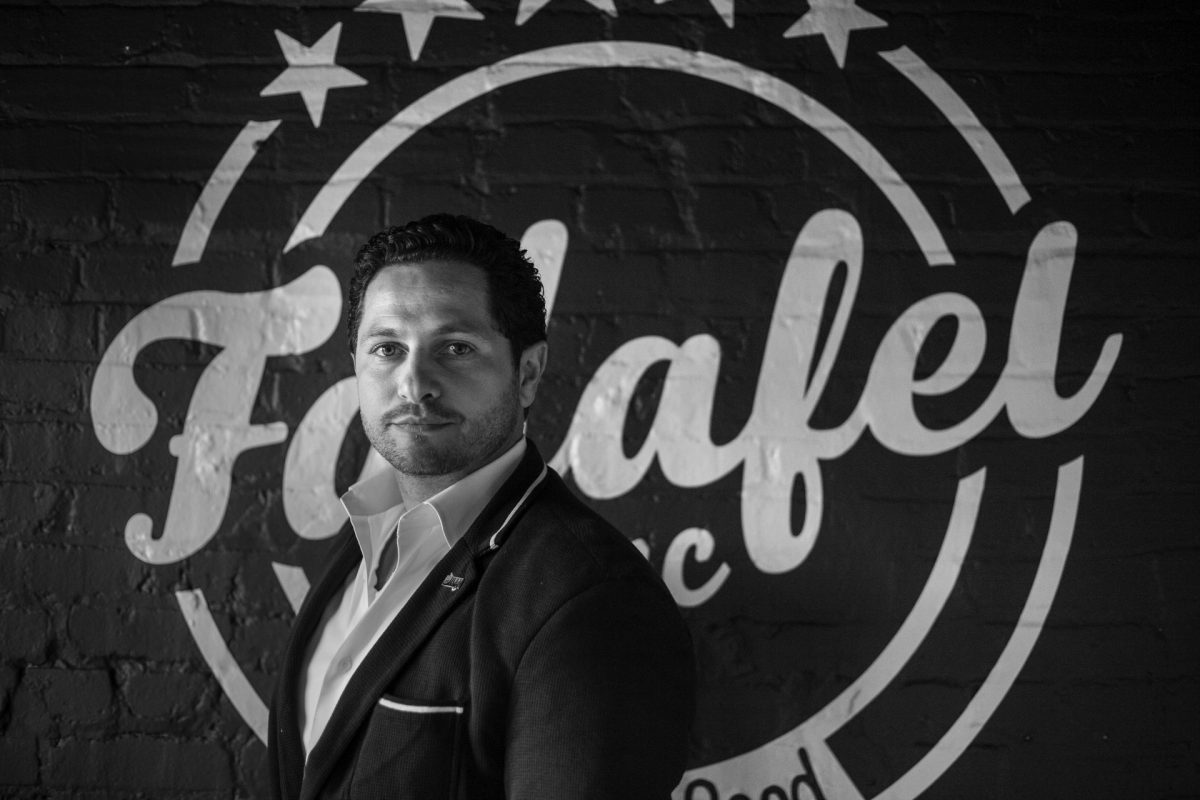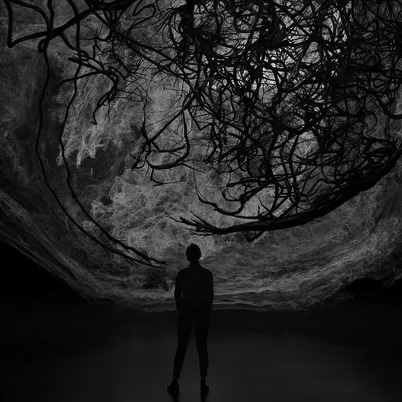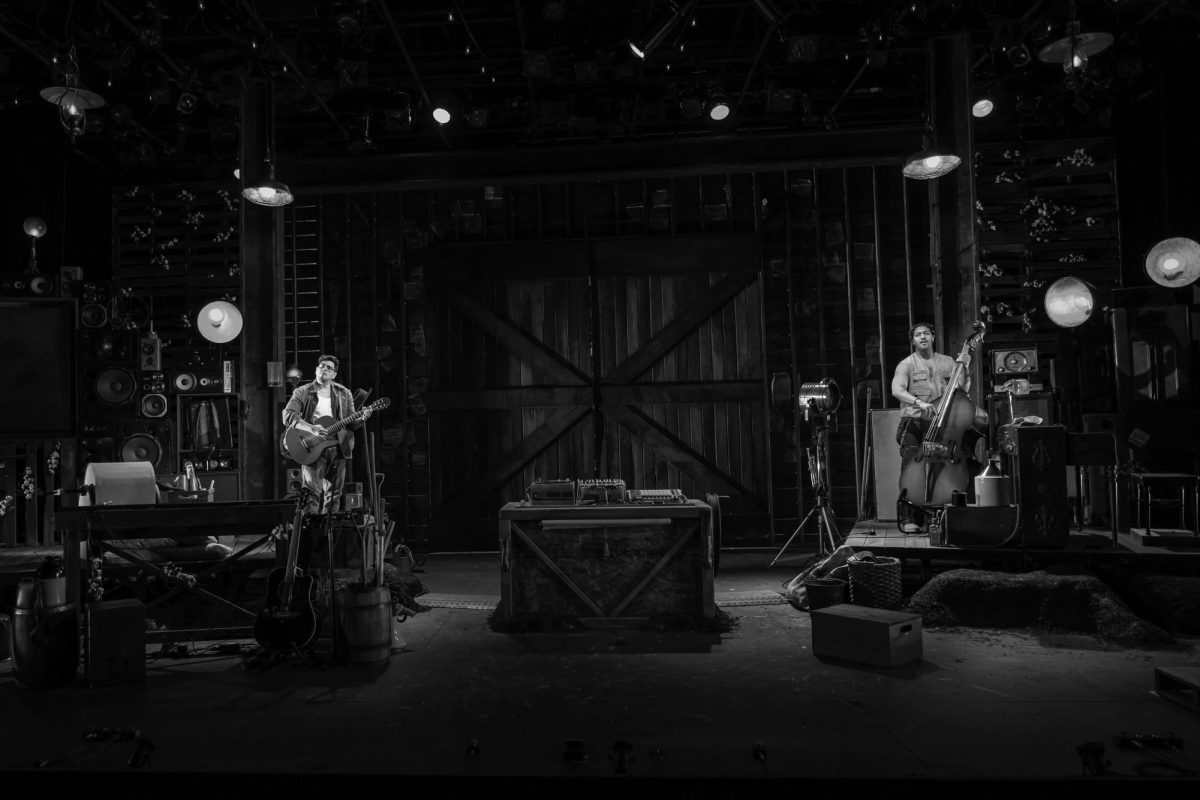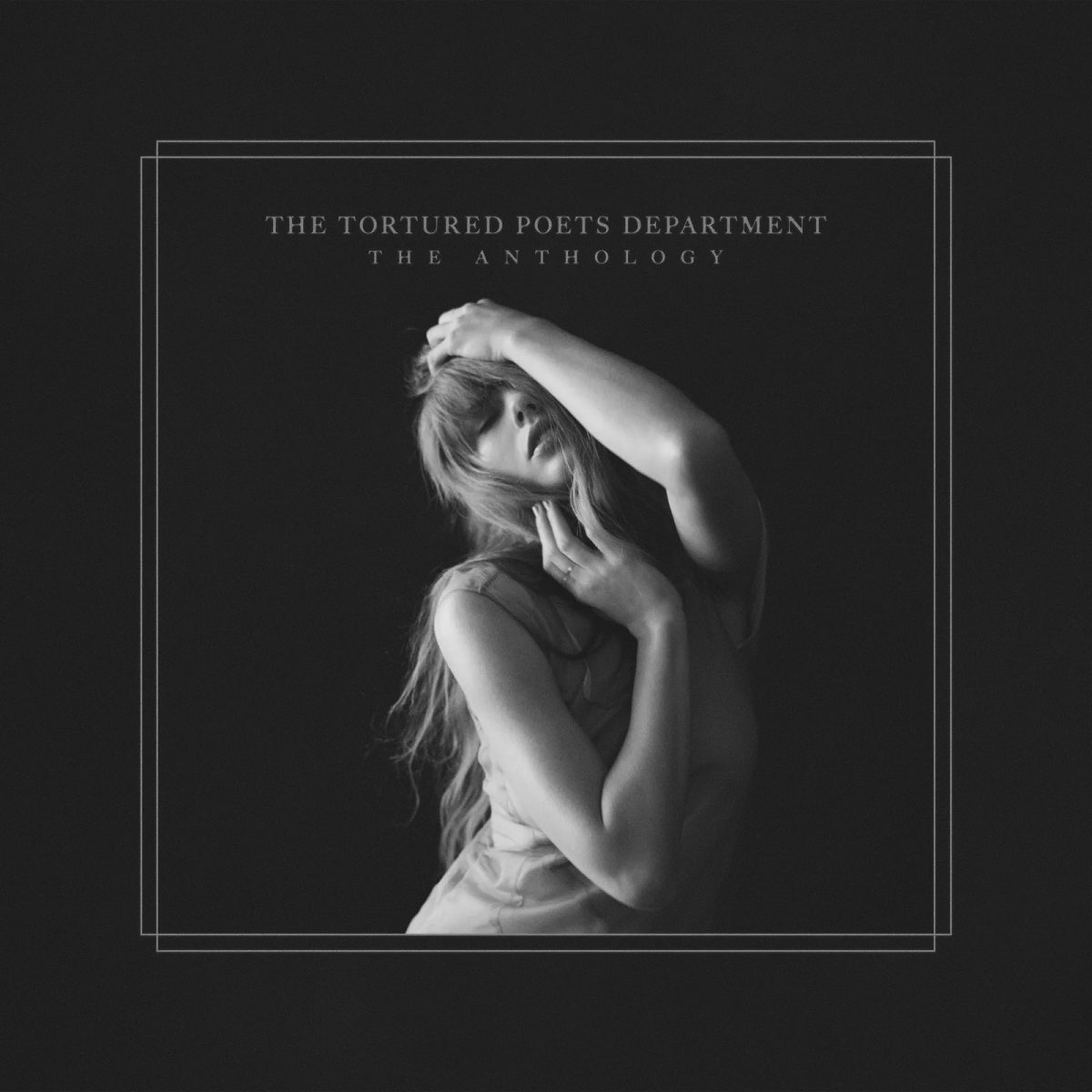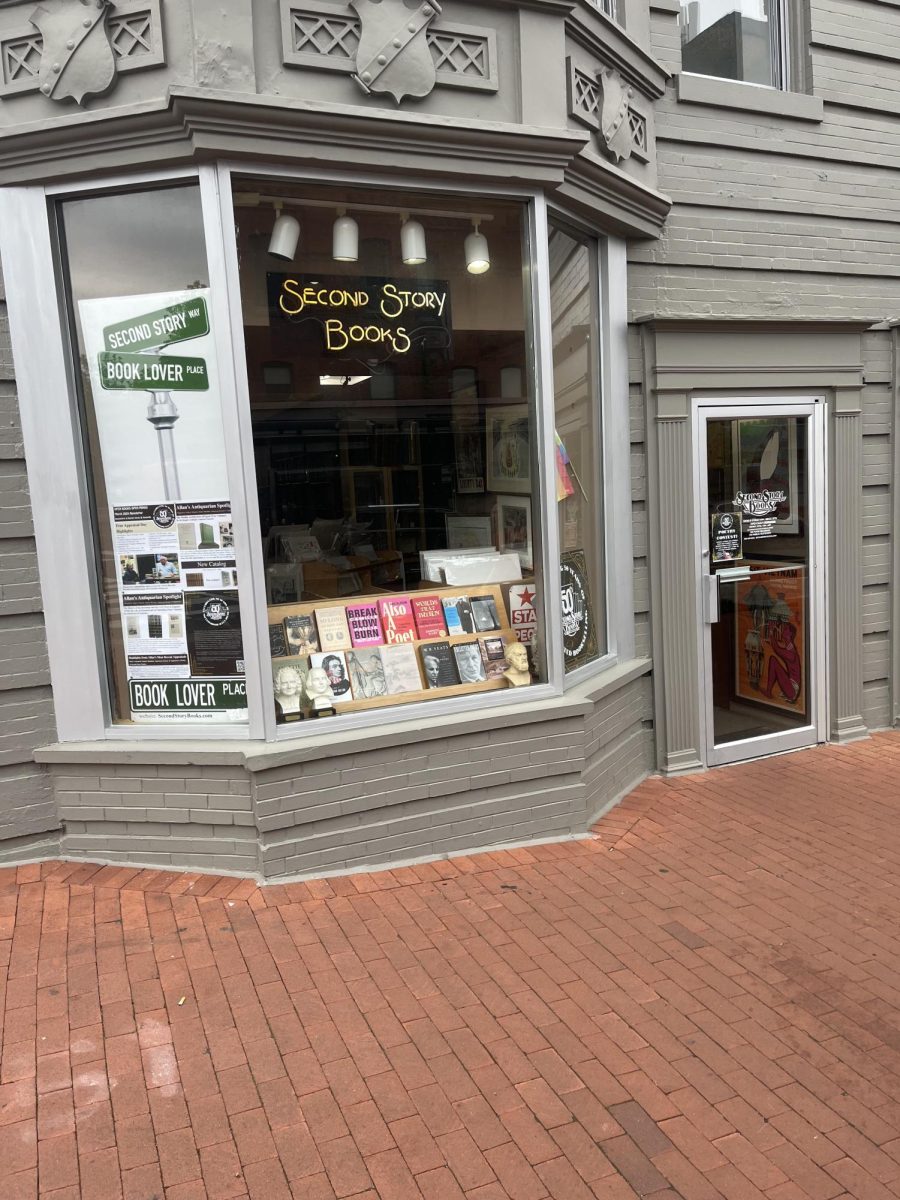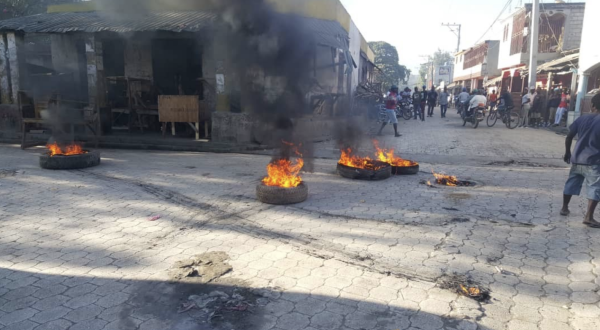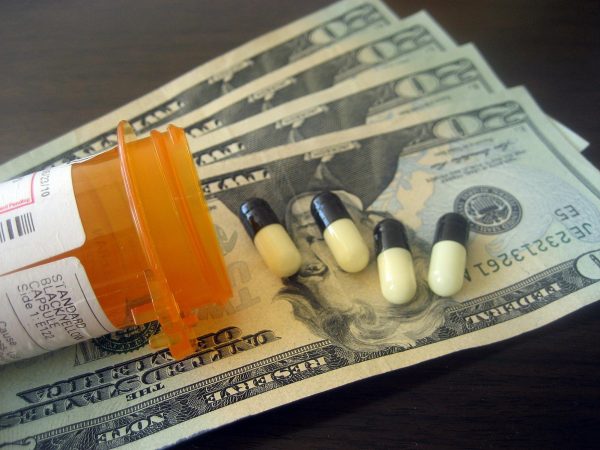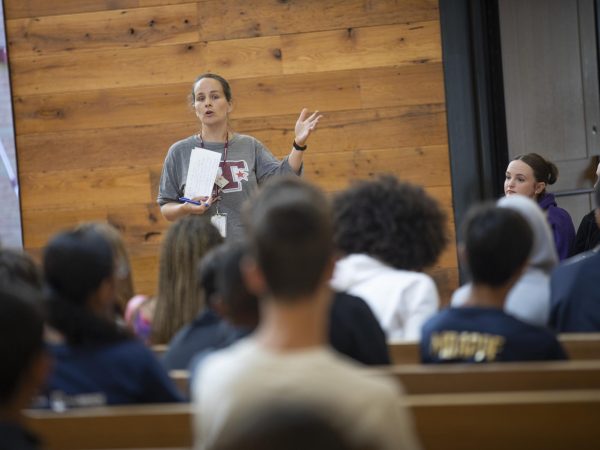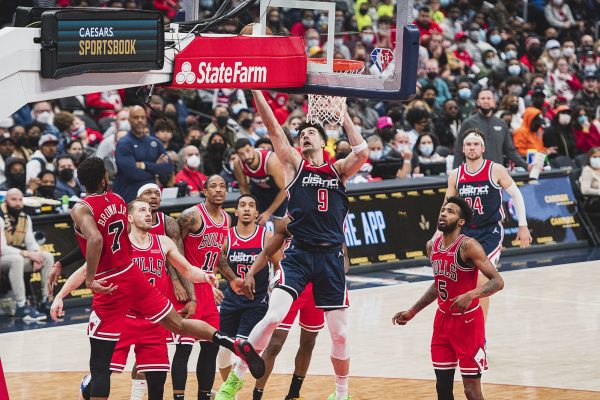Op-Ed: Tyre Nichols’ Death Diminishes Hope but Inspires Reform
Disheartening, shocking and disappointing are only a few of the words used to describe the tragic beating and eventual death of 29-year-old Black man Tyre Nichols. Nichols, a father and FedEx worker in Memphis, was brutally assaulted by five Black policemen after being stopped for “reckless driving” on Jan. 7, according to the New York Times. Overhead camera and body camera footage show the traffic stop began with an aggressive and malicious tone, then escalated and became physical. Both the violence of the beating and the race of the policemen increase despair around police brutality against Black men; however, a reignited focus on policing legislation provides a flicker of hope for the future.
After hearing about this tragedy, I was immediately reminded of the murder of George Floyd and how polarizing and devastating the story was. After Floyd’s murder, I had countless conversations about how it impacted us as Black men and boys and how to interact with law enforcement when driving while Black. Following Floyd’s murder and the conversations surrounding it, I felt a sense of hopelessness regarding police brutality against Black men, but even more so after watching the video of Nichols.
Initially, I had no interest in watching the video, as The New York Times headline “Video Captures Brutal Beating of Tyre Nichols” painted a clear picture. The video continued to circulate online, I inevitably began to see and hear clips of it. Eventually, I decided to sit down and watch the video, but I quickly turned it off after four minutes. By watching the video, I fell victim to the media’s desensitization towards the brutalization of Black men, just as the country did after the George Floyd video was released. Questions and thoughts arose and progressed in my head with every kick, punch and strike made to Nichols’ inert and helpless body. Out of all the thought-provoking questions I asked myself, one stood above: How can I have hope for change when this continues to happen?
The first reason Nichols’ death diminishes my hope is because it is yet another instance of a brutal, heinous, highly publicized and completely unnecessary killing of a Black man, a story we have all seen far too many times and for far too long. Nichols’ beating treats hope as a punching bag, continuously taking blows until it starts to deflate. The frequent police brutality against Black men highlights the lack of reform in the policing and criminal justice system, even despite increased awareness of their issues.
The other reason Nichols’ death reduces optimism about change is that five other black men killed him. Unfortunately, we are accustomed to seeing Black men being killed by non-Black police officers, and more commonly white officers. Seeing Nichols attacked by five Black men makes the video even harder to watch and serves as another blow to the punching bag. As a Black male, seeing five Black police officers kill a Black man makes us feel as if nobody is on our side — not even each other. Although they are policemen, the officers are still Black men who endure the same racial struggles as other Black men in the United States, just as Nichols did. The policemen’s actions feel like a large step in the wrong direction, further diminishing hope.
Though Nichols’ death is disheartening, a sliver of hope remains. His death was extremely saddening and tragic, but it will reignite action on legislation regarding fair policing and accountability in law enforcement. Unfortunately, another Black man has to die for policing legislation to be seriously considered. According to Reuters, the Memphis City council will consider police reforms, including increased access to bodycam footage and an inspection of police hiring practices. Nationally, Nichols’ death brings a renewed focus on the George Floyd Justice in Policing Act, which was proposed and passed in 2021 by House Democrats, but not by the Senate. The full passage of this act can limit police brutality, mandate safer policing practices and generate a much-needed feeling of hope.
Your donation will support the student journalists of Sidwell Friends School. Your contribution will allow us to purchase equipment and cover our annual website hosting costs.





